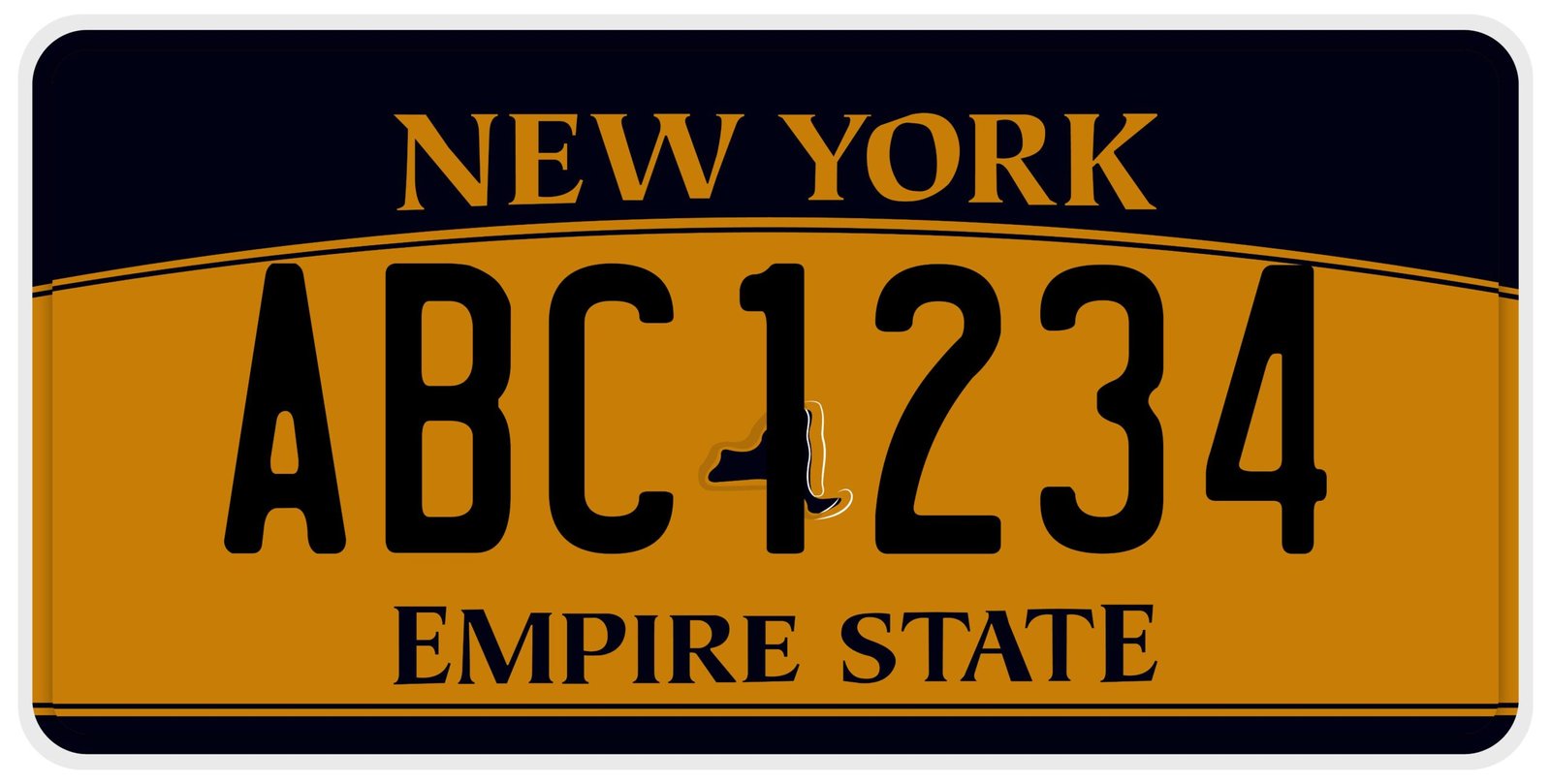License plate lookup is a process used to retrieve information about a vehicle and its owner using the unique license plate number. This service is valuable for various purposes, including vehicle verification, law enforcement, personal safety, and even historical research. Here’s an in-depth look at this essential tool.
What Is a License Plate Lookup?
A license plate lookup allows you to access specific details about a vehicle registered under a given license plate number. The information retrieved may include the vehicle’s make, model, year, and registration details, and in some cases, details about the owner.
This lookup process can be conducted through online platforms, government databases, or private service providers. However, access to certain data may be restricted based on privacy laws.
Common Uses of License Plate Lookup
1. Verifying Vehicle Information
When purchasing a used car, a license plate lookup helps verify the vehicle’s history, ensuring that the details provided by the seller match official records.
2. Law Enforcement Investigations
Police and other law enforcement agencies use license plate lookup to solve crimes, track stolen vehicles, and ensure public safety.
3. Insurance Claims and Fraud Prevention
Insurance companies often use license plate information to validate claims, identify fraud, and confirm ownership details.
4. Identifying Suspicious Behavior
A license plate lookup is a helpful tool for private individuals who encounter suspicious vehicles near their homes or places of business.
5. Historical Research
For classic car enthusiasts and historians, a license plate lookup can uncover a vehicle’s history and its ownership trail.
Types of License Plate Lookups
Free License Plate Lookups
Some services offer free lookups that provide basic information such as the car’s make and model. However, these services usually have limitations in terms of the depth and reliability of data.
Paid License Plate Lookups
Paid services offer comprehensive reports, including ownership history, accident records, lien information, and more. These services are typically used by professionals such as law enforcement officials, insurers, and car dealers.
How to Perform a License Plate Lookup
1. Using Government Resources
Government agencies, such as your local Department of Motor Vehicles (DMV), often provide license plate lookup services. This is one of the most reliable ways to obtain accurate and legal information.
2. Online Services
Numerous online platforms specialize in license plate lookups. Ensure you choose a reputable service that complies with local laws and privacy regulations.
3. Hiring a Private Investigator
For sensitive or legal matters, hiring a licensed investigator can be a secure and efficient option.
Privacy and Legal Considerations
License plate information is sensitive, and its use is governed by laws such as the Driver’s Privacy Protection Act (DPPA) in the United States. These laws restrict access to personal information linked to license plates to protect individuals’ privacy.
Using license plate lookup services for malicious purposes, such as stalking or harassment, is illegal and punishable under the law. Always ensure you have a legitimate reason for conducting a search.
Benefits of License Plate Lookups
- Enhanced Safety: Ensures that you are dealing with a legitimate vehicle owner.
- Fraud Prevention: Detects discrepancies in vehicle ownership and history.
- Informed Decision-Making: Provides crucial data for buying or insuring a vehicle.
Challenges in License Plate Lookups
While useful, this tool has limitations:
- Data Accuracy: Some services may provide outdated or incorrect information.
- Access Restrictions: Privacy laws can limit the availability of certain data.
- Cost Factors: Comprehensive reports often require paid subscriptions.
Best Practices for License Plate Lookup
- Use official or reputable platforms for accurate and legal information.
- Avoid services that claim to provide unrestricted access to personal details.
- Verify the credibility of the lookup service before paying for a report.
- Respect privacy laws and ensure your reasons for conducting a lookup are legitimate.
Conclusion
A license plate lookup is a powerful tool with diverse applications, from verifying vehicle details to aiding law enforcement. By understanding its uses, limitations, and legal implications, you can effectively utilize this service for legitimate purposes. Always prioritize ethical practices and compliance with privacy regulations to ensure responsible usage.

